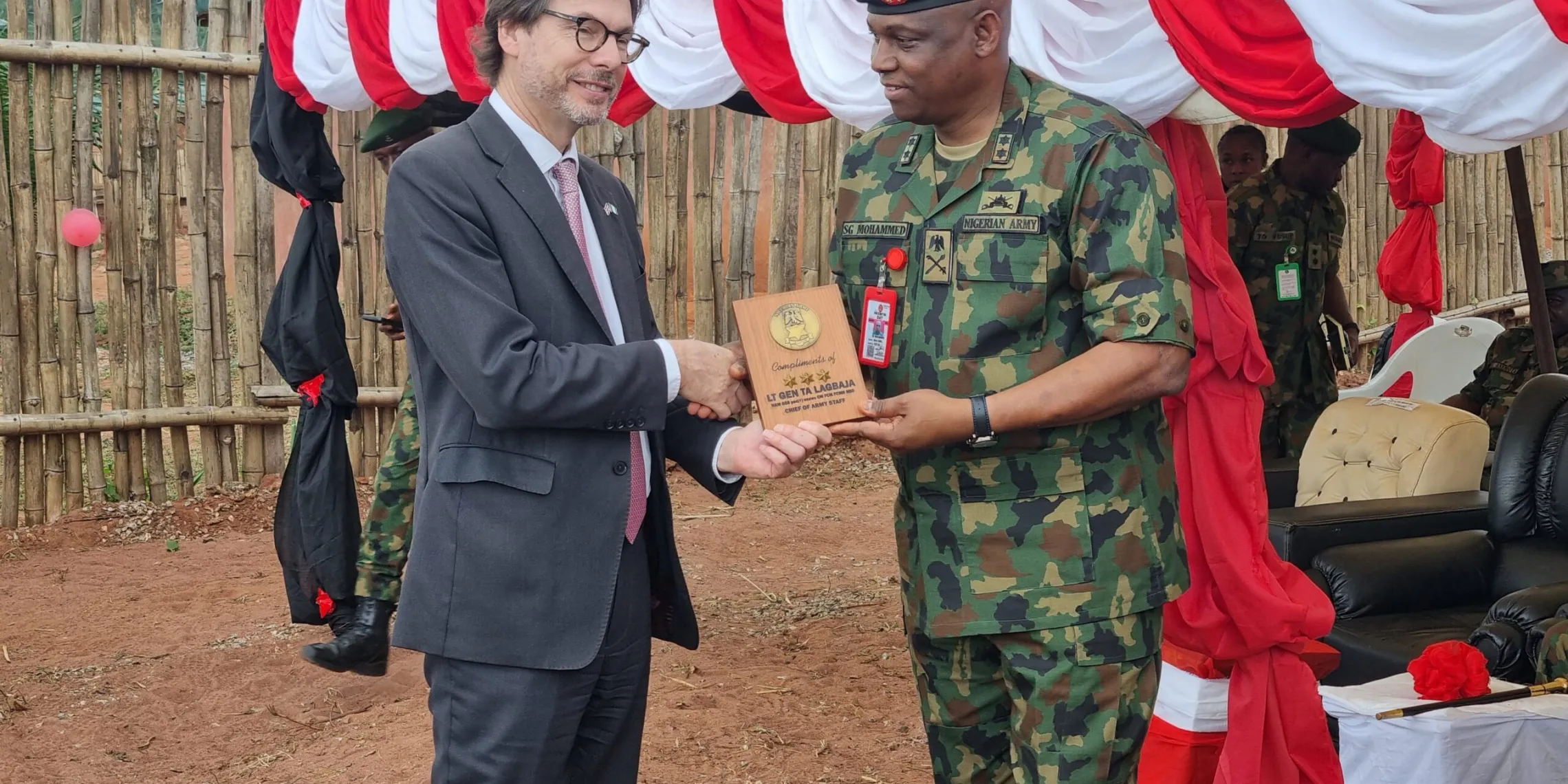New Nigeria People’s Party (NNPP) in Kano state has purchased West African Examination Council (WAEC) and National Examination Council (NECO) scratch cards for Screening Committee.
Gatekeepers News reports that the party intends to confirm the authenticity and genuineness of secondary school certificates of candidates vying for local government council elections, scheduled for November 30, 2024.
The state chairman of NNPP, Alhaji Hashim Dungurawa revealed this to newsmen during an interview on Tuesday in Kano.
He said, “We are purchasing WAEC and NECO scratch cards to double-check the academic reliability of any candidate, as well as their records regarding drugs and criminal history. We want to ensure that any candidate has a sound character as a leader for their people.”
The chairman added that the party has also set nomination fee for Chairmen at N500,000, with a fee of N100,000 for the Expression of Interest.
Nomination form fee for councillors is N150,000, while Expression of Interest fee is N50,000.
The party noted that it is considerate of the economic downturn caused by Bola Tinubu’s government.
Dungurawa also urged all interested candidates to resign from their civil service positions by the end of August 2024 to meet State Electoral Commission (KANSIEC) guidelines.
He said, “We don’t want to leave any loopholes in our party, which is why we have taken drastic measures against anyone contesting. We want to provide Kano’s citizens with leaders of sound background who can help them overcome their economic and social challenges.”
The Chairman commended the fees set by State Electoral Commission KANSIEC, noting that only individuals of high quality and reasoning would be willing to pay N10 million and N5 million respectively for Chairmen and Councillors to contest.
He said, “This fee will enhance effective management of local governments in the state and ensure that only credible individuals contest for the seats, unlike before when anyone could run.”
Dungurawa emphasised that NNPP government is committed to development of the state, as it places a high priority on education as a key factor in this development.







